Children become less and less active as they grow older, they sit down more and start playing outdoors less; especially since the emergence of instant gratification technological devices (dont’ get us started on that subject!) Research shows that as this sedentary time increases, they begin to lose out on all the positivity and benefits of playing outside. They can gain weight, lose muscle and bone strength and are at an increased risk of longer-term health conditions. Not to mention the social and mental health benefits they’re missing out on. So, let’s take a look at the benefits of playing outdoors and see if it can improve how children learn, if it can increase child wellbeing and if it can encourage the
development of friendship skills.
Health Benefits

This is probably the most obvious reason for playing outside. The extra space and new experiences outside encourage children to be more active and therefore build stronger bones and muscles. The increased activity also burns-off energy and helps keep their weight healthy. Not only that, but they absorb valuable Vitamin D from the sun’s rays too. This wonder vitamin can prevent rickets, and it helps their bodies better absorb important minerals.
Learning Through Outside Play
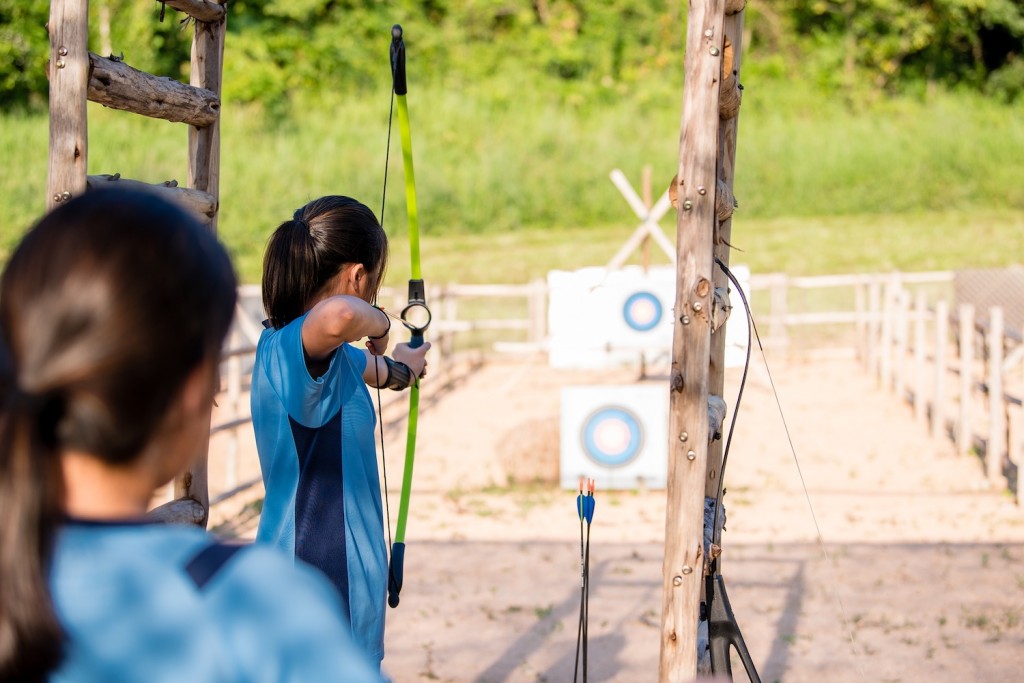
Playing outside is one of the easiest ways a child can learn important life skills, even UNICEF promotes it as an essential strategy for education and teaching. Exciting and adventurous playground equipment can make learning fun and can encourage children to think outside the classroom. It helps them start planning, communicating and learning from their mistakes – it’s invaluable for their development.
Exploring During Outside Play
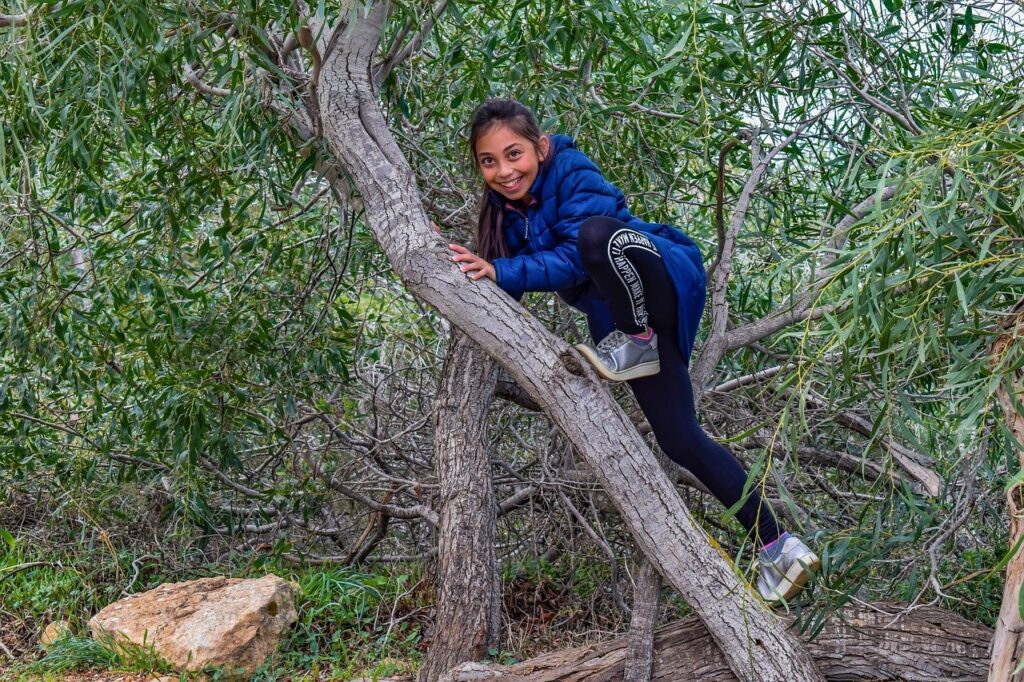
Letting children play outside with minimal supervision is key to their learning about risks as well as cause and effect. Sure, there’s some beneficial risk with indoor play, but the great outdoors is more exciting. The school playground alone offers children more chances to push their boundaries by going on the tall slide and be brave by mastering the climbing frame on their own. The important thing is that they learn to assess risk and become more confident in their actions.
Outdoor Play For Independence
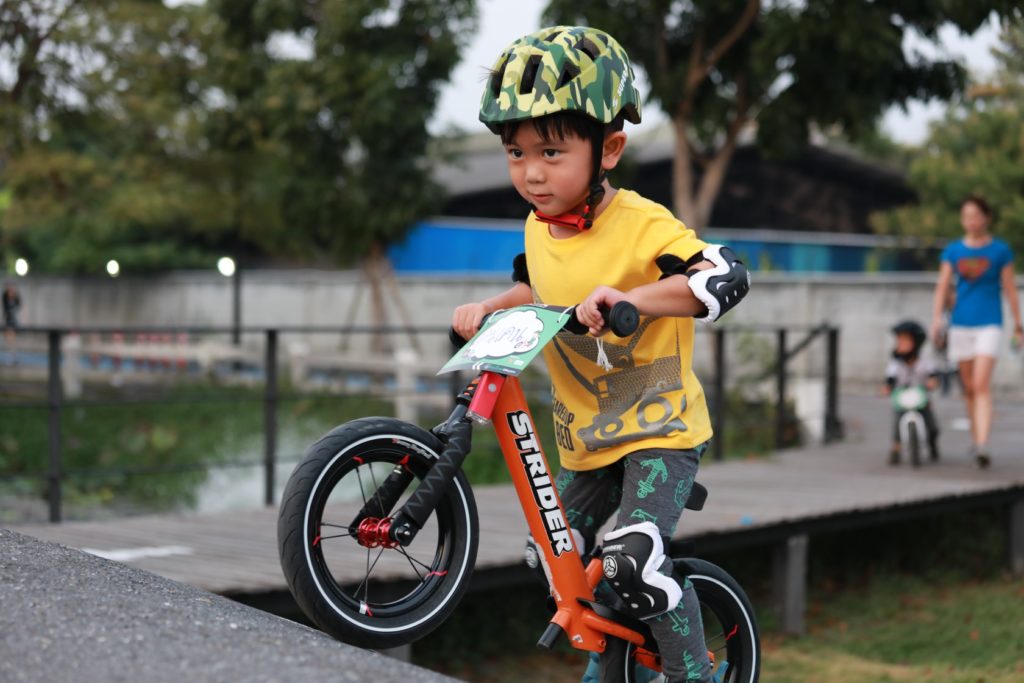
In classrooms, children are sat together, they work together and with each other in groups, but outside they have the chance to be on their own if they want and be away from direct adult supervision. This new-found independence increases their confidence, teaches them to pick themselves up and learn how to be patient when interacting with others. It’s how they begin self-management and self-reliance.
Develop Social Skills
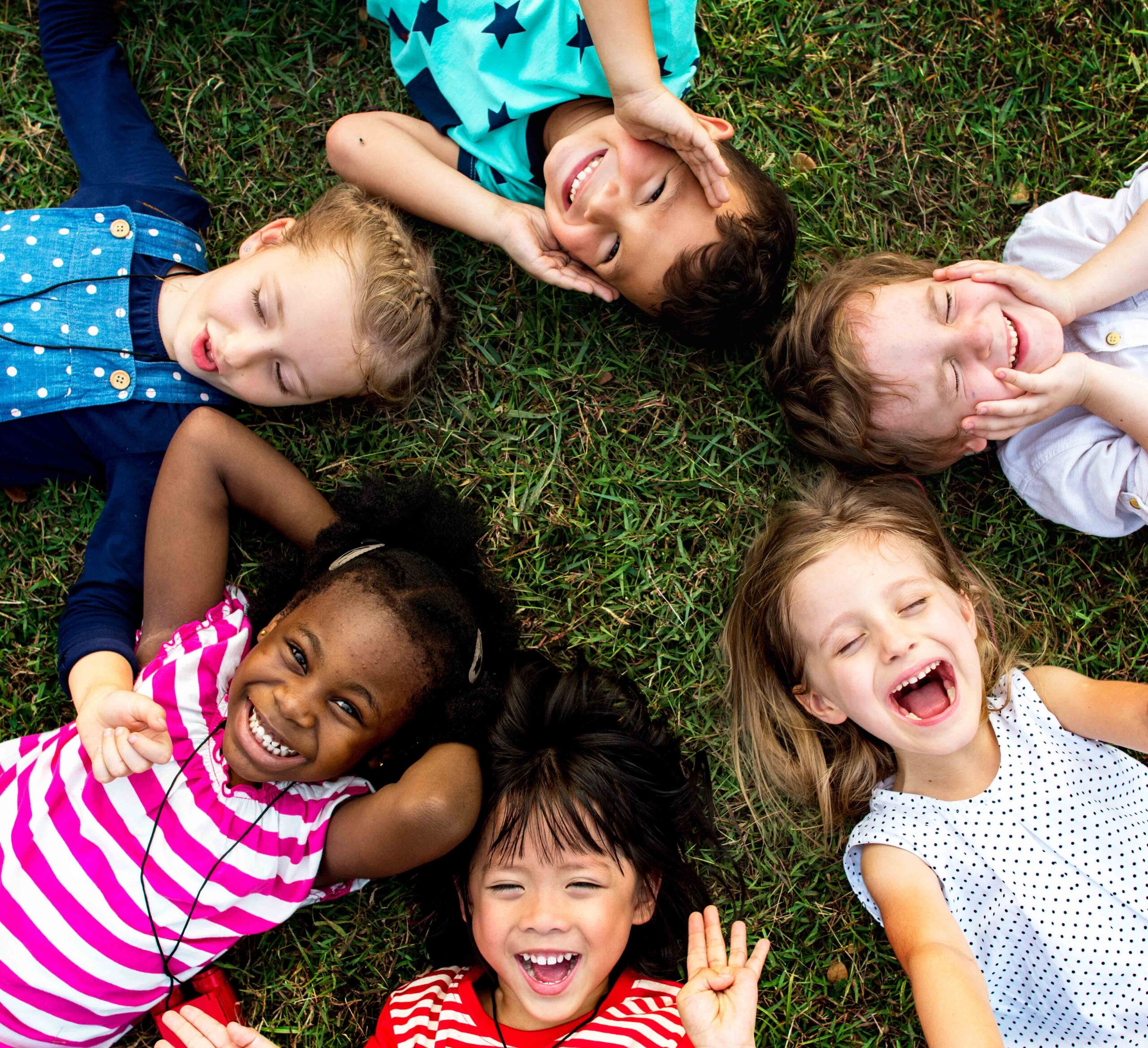
In the less strict, more unsupervised outdoors, children can feel freer and less intimidated. They’re more likely to be more social and join in with group games and, as a result, make friends easier. It’s one of the key ways to build social skills for children. It encourages confidence and helps them learn to understand social cues where they may not in a classroom.
Encourages Creativity
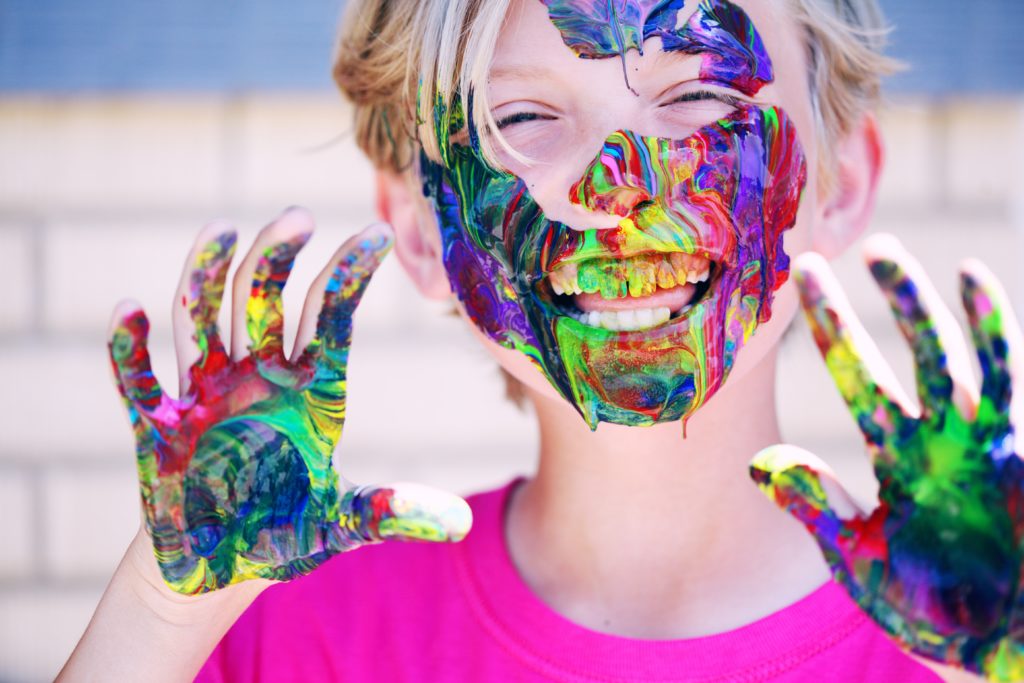
Is that a playground slide, or is a jungle waterfall? Is that a climbing frame or a royal castle? Outdoor play offers far more opportunities for children to be creative and use their imaginations than a classroom does. Furthermore, this unstructured play is vital for self-esteem growth, to develop self reliance and for self-discipline.
Improves Well-being – The Happiness Factor
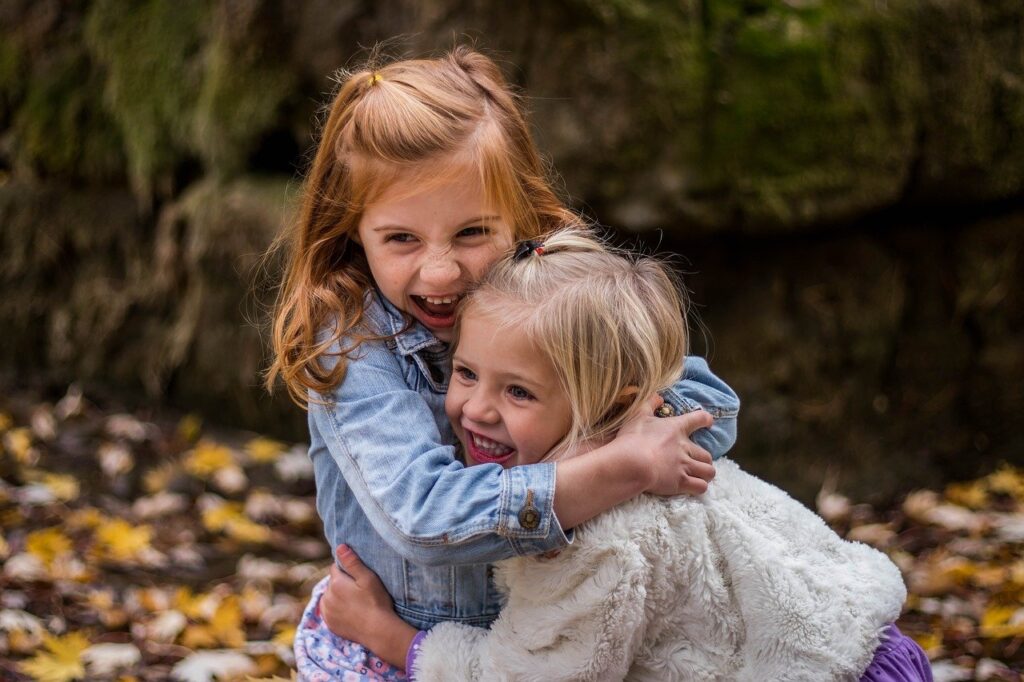
We all know that exercise improves our wellbeing and mental state, and it’s just the same for children. Giving them the space to run and be themselves helps them feel calmer in themselves. And remember that vital Vitamin D? It’s been reported by some health food stores that it can improve moods and aid with depression. All this combines to help them burn excess energy, feel happier in themselves and therefore improve focus in the classroom.
The main benefits of outdoor play are all rooted in learning and self-development. As a parent, these are all things you should want your child to learn and experience – it’s life – and protecting them from all the unpleasant or messy bits isn’t going to help them. When they touch the furry dog, when they try to eat some sand at the beach or when they stare intently at that new toy – this is your child beginning to take the initiative to learn and experience the world. Letting them play outside on their own when they’re older and helping them to explore the great outdoors is only an extension of that. You shouldn’t be afraid of letting them try – they may get a few grazes or bruises, but they’ll eventually learn to manage the risks themselves.













